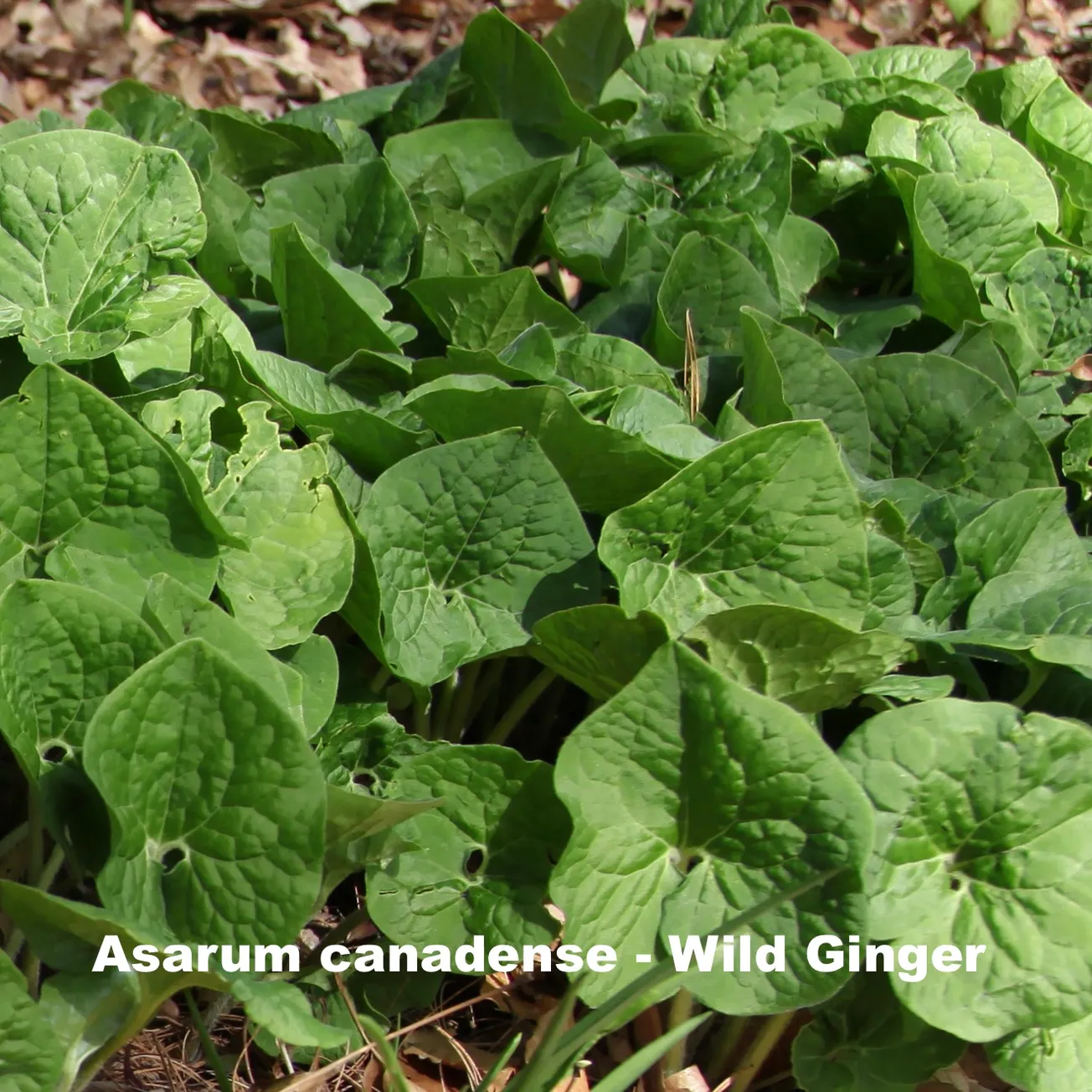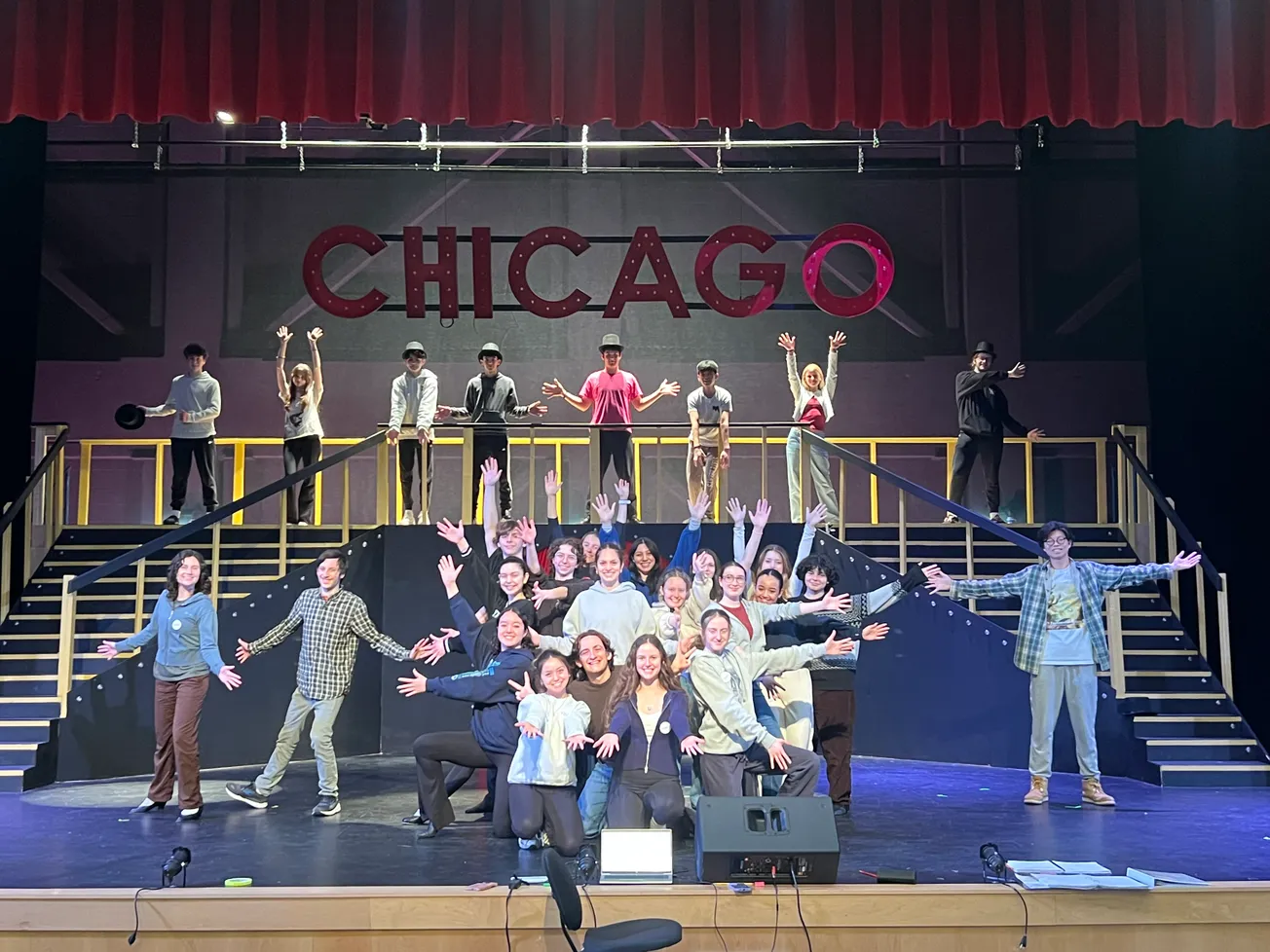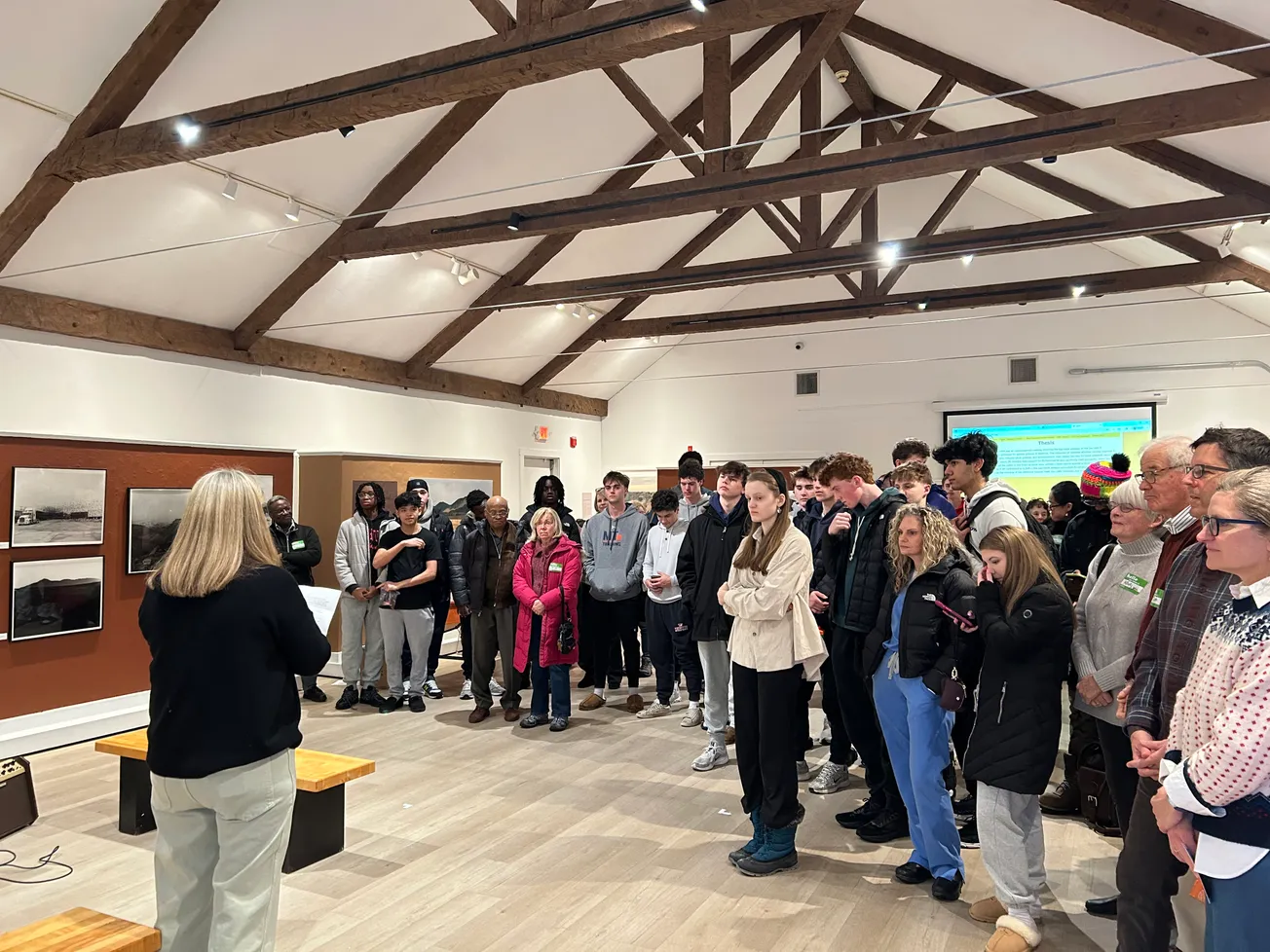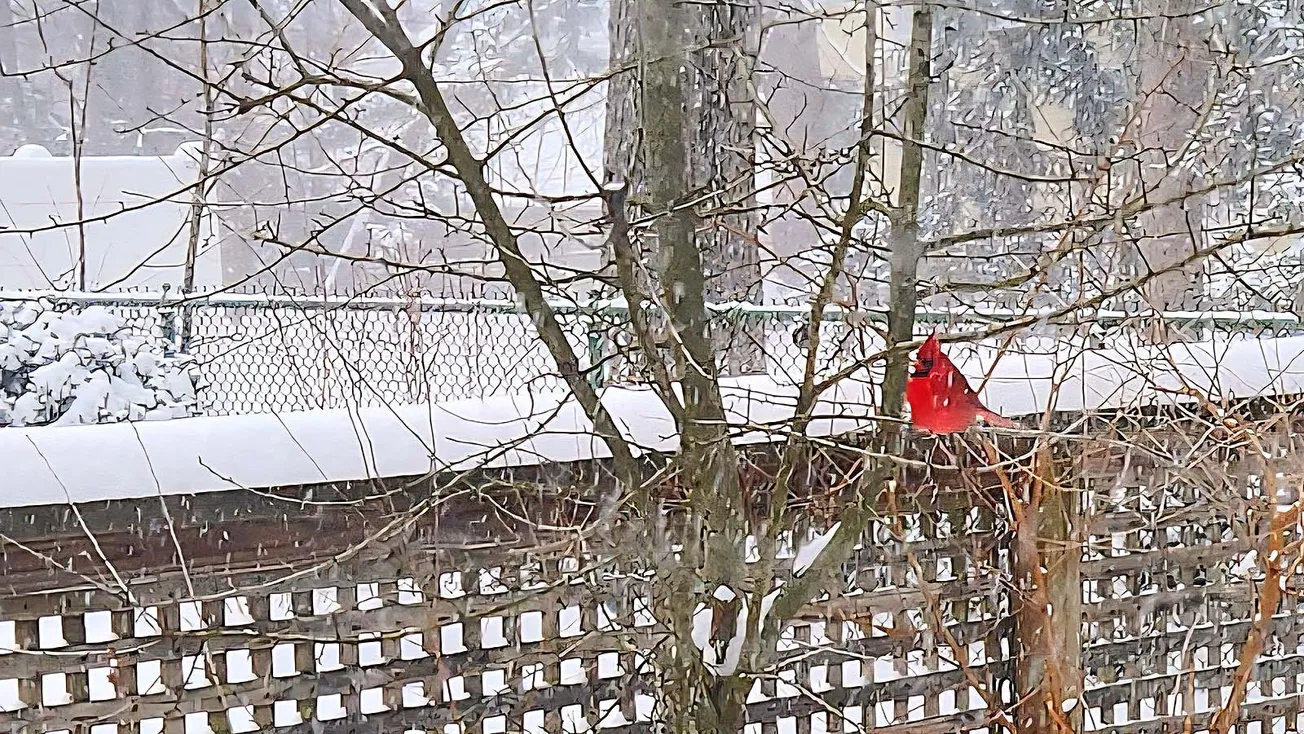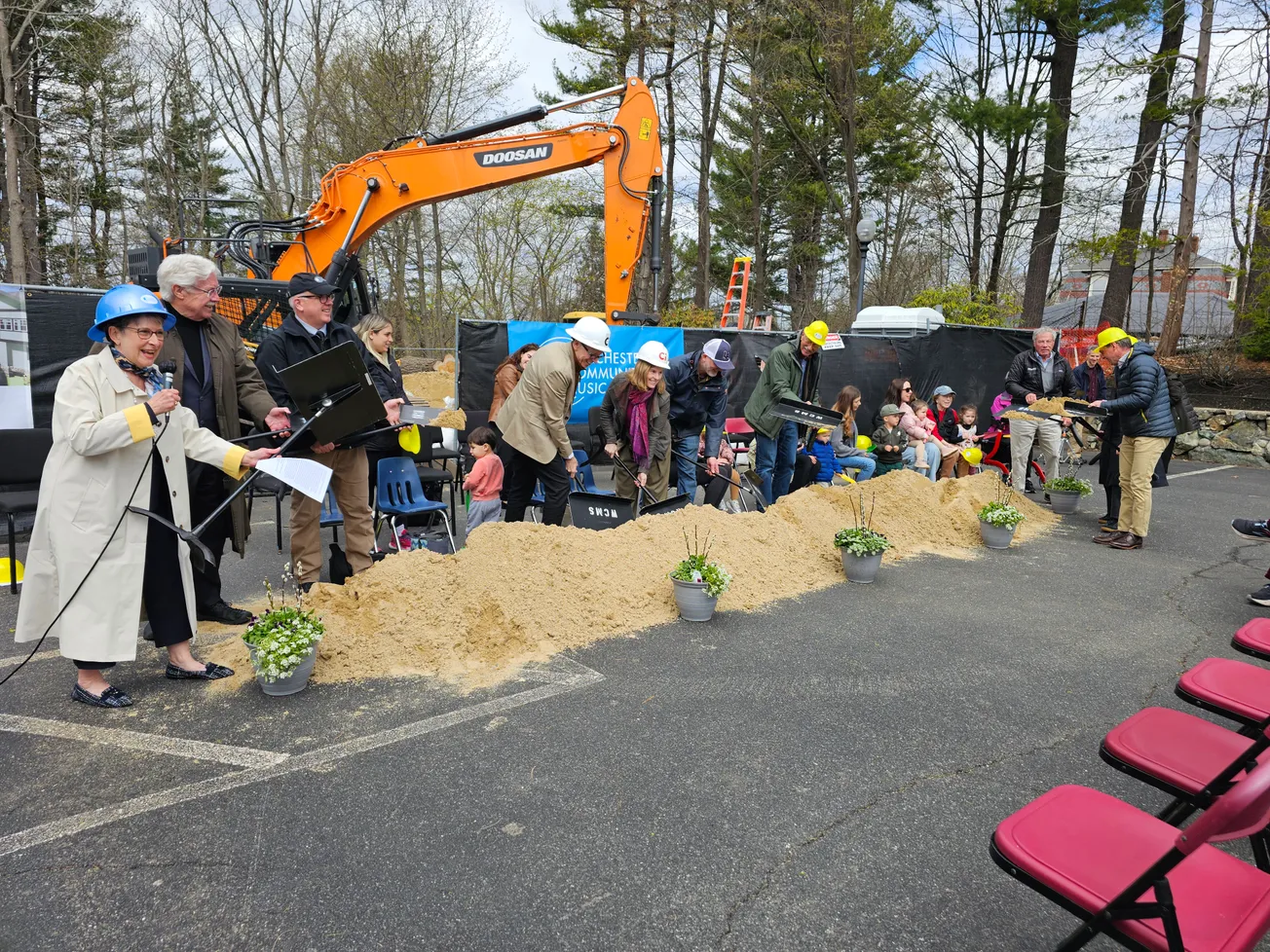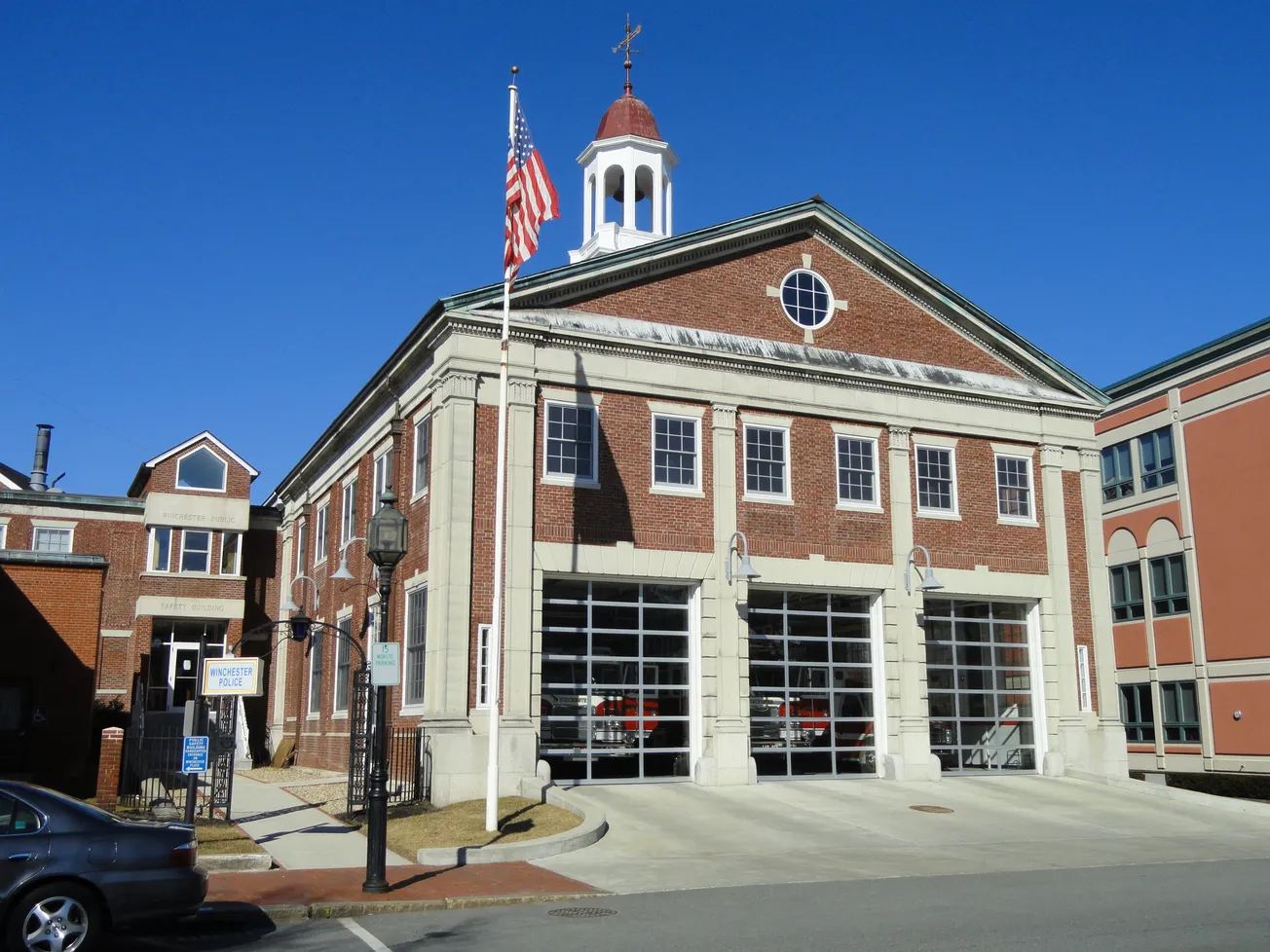Table of Contents
I had a chance last week to catch up with John Gedraitis, owner of Van Berkum Nursery (VBN) in Deerfield, NH. He was kind with his time during the busy period to talk about what is in demand (and not) and provide some insight into where his operation is going. For some more information about Van Berkum, check out my Van Berkum write-up last year. They are a wholesale nursery, but have some great resources on their website.
As John has said before, they are not on the cutting edge of the latest cultivars or “Franken Plants” in the market, but they do grow an incredible array of plants, with very little chemical intervention. Their DNA is based in New England woodland and native plants, but they offer plenty of non-native plants. Most quality nurseries across New England carry VBN plants.
Despite some potential economic challenges, John says the year is off to a good start, and that they continue to see growing demand for plants, especially their native offerings. Following are some of most in-demand:
- Pycnanthemum muticum - Mountain Mint
- Asarum canadense - Wild Ginger
- Penstemon hirsutus and digitalis - Beardtongue
- Dennsteadtia punctilobula - Hay-Scented Fern
He also said that the demand for hostas has dropped off the cliff. He jokingly said to a customer, that he would have to charge more if he didn't take more Hosta. It’s not surprising given the taste that deer and rabbits have for hosta, and it is so saturated in gardens and shared so often by people removing and dividing in their gardens. Now, I’m not going to call out some of you who love your Hosta, everyone is entitled to love the plants that appeal to their personal aesthetic.
As always, John says there is incredible demand for spring ephemerals, which always outstrips their availability. As highly responsible growers, they adhere to strict guidelines for gathering seed so as not to deplete local ecosystems. This means for the near future they just can’t grow enough plants to satisfy the demand.
In an exciting development, they purchased a 23-acre farm nearby to focus on further developing their Local Ecotype (LE) program for native plants. They intend to grow plants in ground so they can responsibly source their own seed with New England genetics. This will allow them to increase the quantity of plants available and have a reliable seed bank of genetically diverse and locally grown plants.
Okay, we are about to go down a rabbit hole, but it is a really cool hole!
I have written about LE plants before and why they are important. Basically, they are genetically evolved to the local climate and soil conditions. This means that they are better prepared with what New England has to offer. When you buy plants or seeds from nurseries in the Midwest or other areas, the plants are better adapted to conditions from where they came.
Think about taking a young Boston man out of Southie and dropping him into Minnesota. He’ll survive but it might take a while for him to adapt without his Kelly’s Roast Beef and Dunkin’s. Sorry for the stereotype, but locally evolved plants do better in their local environment.
VBN is planning to further develop their own New England Local Ecotype by combining the genetics of native plant seeds gathered from across New England and allowing them to cross-pollinate at their new nursery. Genetic diversity is always a good thing, especially when they come from across New England. The new seed from these plants will then be grown and sold back across New England to the nurseries and contractors who purchase from VBN.
They are following the lead of the Bureau of Land Management’s Seeds of Success program in creating their production standards. For each plant species they plan to grow, they will utilize the following protocol in collecting the seeds to create this diversity:
- A minimum of three genetically/geographically diverse populations from across New England.
- Each population must have a minimum of fifty plants of the given species.
- They will collect no more than ten percent of the available seed so as not to negatively impact the ecosystem.
I think it is so cool to learn about how industry leaders are working to deliver more plants that people are demanding, but they are doing it responsibly and without impacting the local ecology. The result will be millions of new, well-adapted, genetically-diverse, native plants over the coming decades that will end up in our New England gardens, helping to strengthen our local ecosystems.
Reed Pugh works to help people get the most from their gardens as a horticulturist, educator, and gardener, with his company Barking Dog Gardens.

